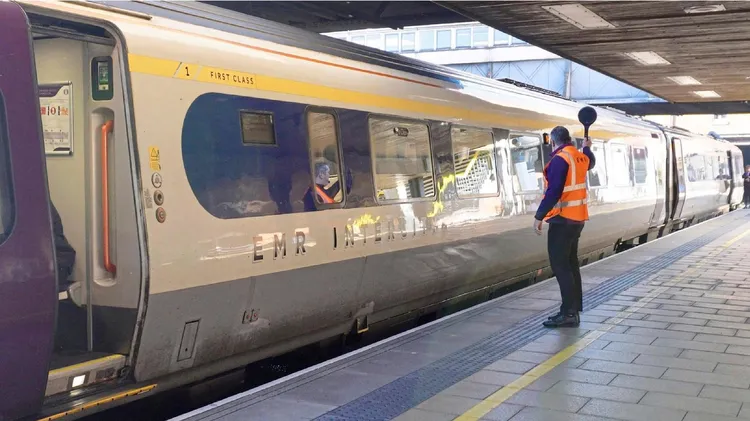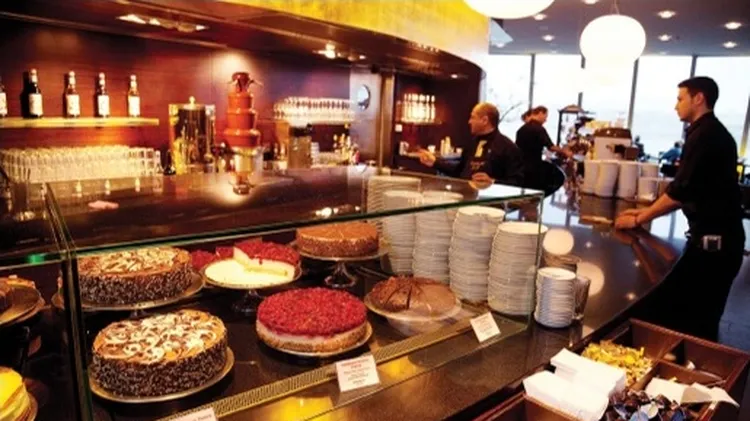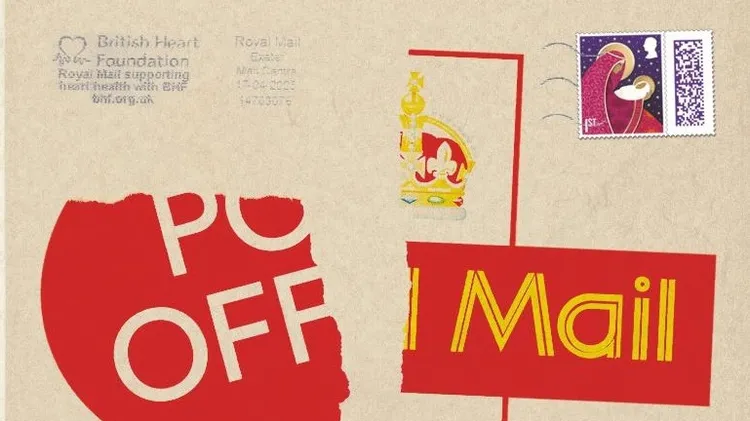Payments systems broke down recently at four
Will system failures force us to use cash again?
2 min read
This article is from...
Read this article and 8000+ more magazines and newspapers on Readly






